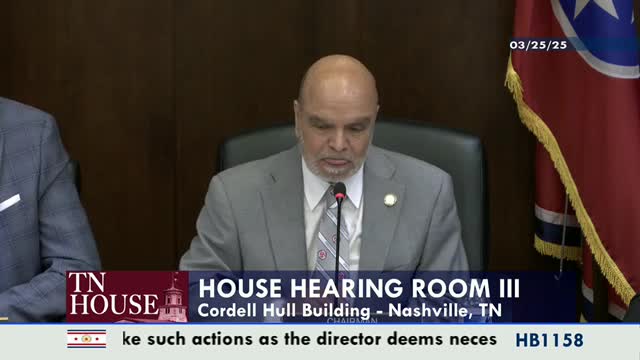Article not found
This article is no longer available. But don't worry—we've gathered other articles that discuss the same topic.
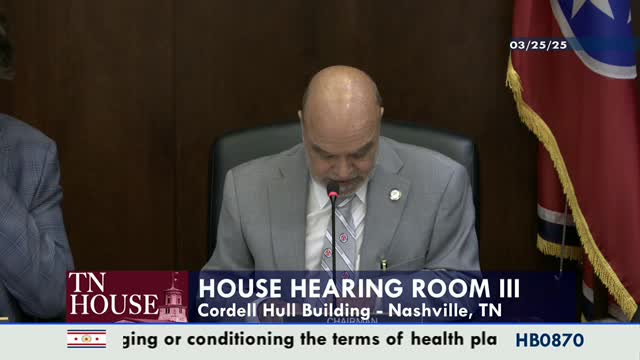
Committee advances bill to ban programs that divert patient assistance from deductibles
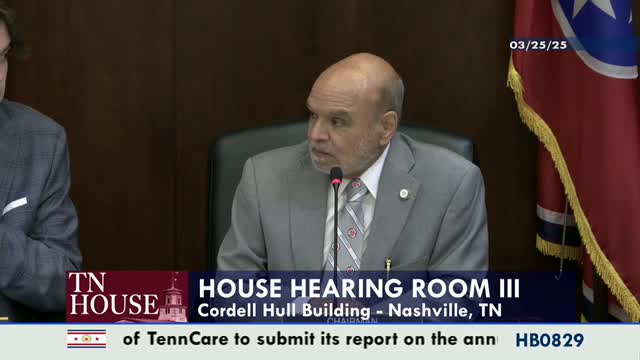
Votes at a glance: Insurance Committee advances hospital and nursing‑home assessments, PACE expansion
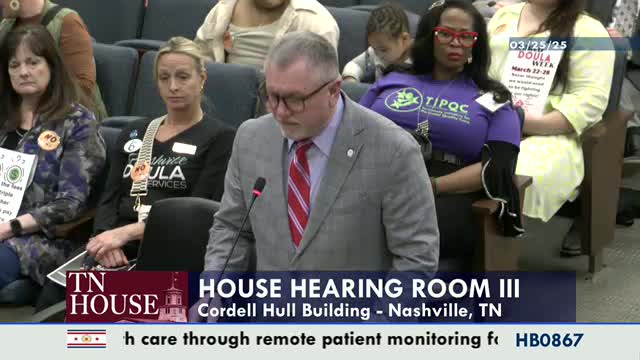
Committee approves two‑year remote monitoring pilot for maternal hypertension and diabetes
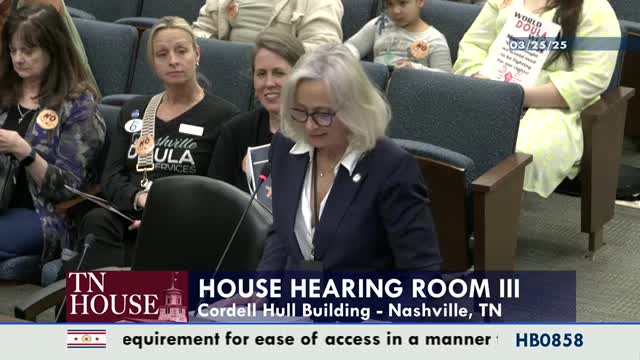
Committee bars step‑therapy for metastatic cancer patients, citing delays that cost lives
